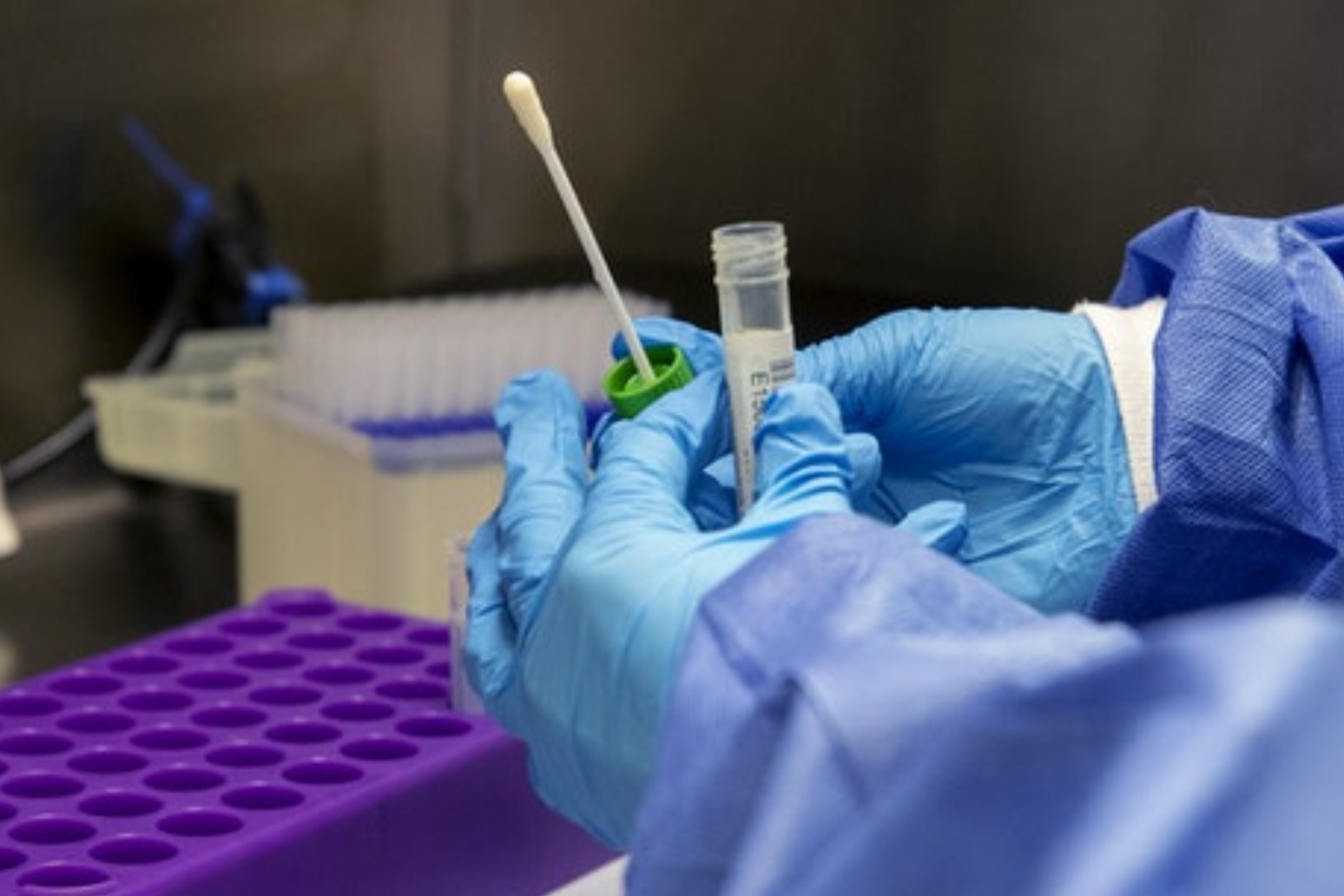
Rapid Covid-19 test ‘missed half of positive cases in pilot’
A rapid coronavirus test that gives results in 20 minutes missed more than 50% of positive cases in a Greater Manchester pilot, according to reports. The test, which is part of the Government’s mass-testing strategy, known as Operation Moonshot, identified only 46.7% of infections during a trial in Manchester and Salford last month, according to a UK newspaper.
The Department of Health and Social Care (DHSC) said that it was “incorrect” to suggest the rapid test has a low sensitivity, adding that it had been validated in another recent pilot.
But in a letter seen by a national newspaper, scientists from Greater Manchester’s mass testing group (MTEG) raised concerns about the accuracy of the OptiGene Direct RT-Lamp test.
“The current available data from the Manchester pilot shows low sensitivity (46.7%) of the Direct RT-Lamp platform,” the letter said.
According to the newspaper, the scientists said they had “significant concerns” and felt the data did not support a large scale rollout of the tests to staff in clinical settings, such as hospitals and care homes.
Plans being developed under Operation Moonshot will reportedly see 10 million people tested every day at a cost of £100 billion.
On Thursday, Prime Minister Boris Johnson said that technical advances in testing, including a different type of rapid testing being piloted in Liverpool, could be a “real way forward through the crisis”.
Pregnancy-style lateral flow tests that give results in minutes and can be carried out without supervision are part of pilot schemes across the city.
Mr Johnson told a Downing Street press conference: “These really are full of promise, I do think that testing does offer a real way forward for this country.”
He said mass rapid testing would allow a return towards normal life.
“The advantage of this approach is that you can tell whether people are infectious or not immediately, within 10 to 15 minutes,” he said.
“Without having to worry about the time taken to get the answer from the current testing system, you can help those people to self-isolate if they test positive, and if they test negative, then of course, they’re free to do things with other people who test negative in something close to a normal way.”
However, some experts have urged caution, saying rapid tests are not as accurate as standard PCR swab tests processed in the lab and could result in people who are infectious being told they are not.
Professor Mark Wilcox, co-chair of DHSC’s Technical Validation Group, said a pilot of the rapid LAMP test used in Manchester but carried out elsewhere showed it had an overall sensitivity of nearly 80%, rising to over 96% for individuals with a higher viral load.
“The direct LAMP tests used in Manchester have been validated in other laboratories and in real-world testing for use in different settings,” he said.
“It is incorrect to claim the tests have a low sensitivity, with a recent pilot showing overall technical sensitivity of nearly 80% rising to over 96% in individuals with a higher viral load, making it important for detecting individuals in the infectious stage.
“The challenge now is to understand the reasons for the difference in claimed sensitivity in one evaluation versus those in multiple others.”
Published: by Radio NewsHub